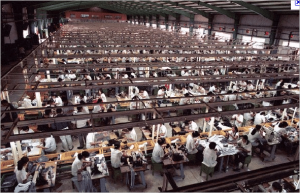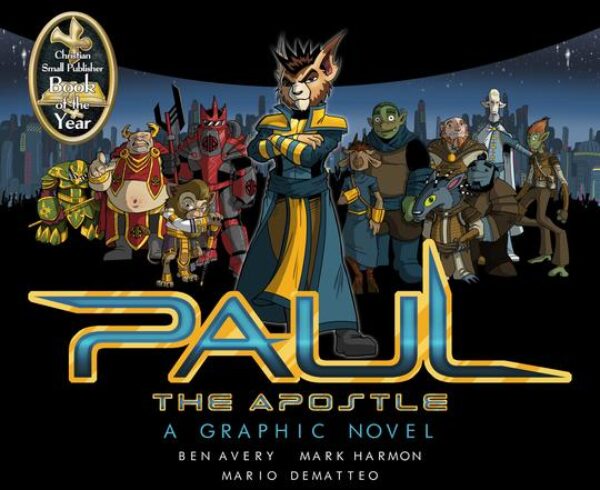Some of us are still getting over our bewilderment at the results of the presidential election. On Monday, November 7th, the day before the election, Bloomberg, CBS News, Fox News, Reuters, ABC, Monmouth, NBC, and Rasmussen all had Hillary Clinton ahead. Most of us expected that we would be inaugurating our first woman president in January. How could the experts get things so wrong?
It’s of course not the first time that’s happened. Hindsight is fun, so why not go ahead and enjoy it! In the interest of those of us who are ready to think about something other than politics, here’s a list of some other embarrassing predictions:
1. “Drill for oil? You mean drill into the ground to try and find oil? You’re crazy.” (1859)
—Edwin L. Drake (1819–1880), speaking of the drillers he tried to enlist to his project to drill for oil in Titusville, Pennsylvania.
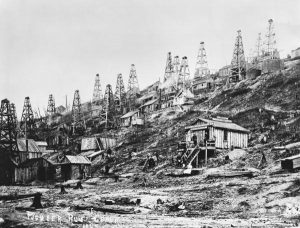
Pioneer Run Creek, Titusville, Pennsylvania, 1865.Credit: Courtesy the Drake Well Museum, PHMC Bureau of Historic Sites and Museums
2. “Louis Pasteur’s theory of germs is ridiculous fiction.” (1872)
—Pierre Pachet, Professor of Physiology, University of Toulouse
3. “The abdomen, the chest, and the brain will forever be shut from the intrusion of the wise and humane surgeon.” (1873)
—Sir John Eric Ericksen (1881–1896), British surgeon, appointed Surgeon-Extraordinary to Queen Victoria
4. “This ‘telephone’ has too many shortcomings to be seriously considered as a means of communication. The device is inherently of no value to us.” (1876)
—Western Union, internal memo
5. “Heavier-than-air flying machines are impossible.” (1895)
—William Thomson, Lord Kelvin (1824–1907), pioneer in electrodynamics and thermodynamics; helped lay the first transatlantic telegraph cable; president of the Royal Society

Hartsfield-Jackson Atlanta International Airport, Aerial view via http://www.flickr.com/photos/redlegsfan21/
6. “Everything that can be invented has been invented.” (1899)
—Charles H. Duell (1850–1920), Commissioner of the United States Patent and Trademark Office
7. “Airplanes are interesting toys but of no military value.” (1911)
—Maréchal Ferdinand Foch (1851–1929), Professor of Strategy, Ecole Supérieure de Guerre, France; later General of the French army during WWI
8. “The wireless music box has no imaginable commercial value. Who would pay for a message sent to nobody in particular?” (1920s)
—Associates of David Sarnoff (1891–1971), founder of NBC and RCA, in response to his urgings for investment in the radio
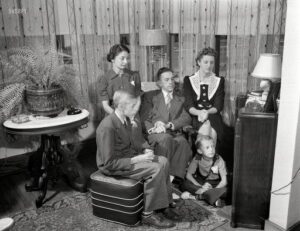
March 1943. Rochester, New York. “The Babcocks, an American family, tuning in for war news.” Photo by Ralph Amdursky, Office of War Information.
9. “There is no likelihood that man can ever tap the power of the atom.” (1928)
—Robert A. Millikan (1868–1953), 1923 Nobel Prize in Physics; devised the famous Millikan oil-drop experiment to measure the unit charge of the electron
10. “Stocks have reached what looks like a permanently high plateau.” (1929)
—Irving Fisher (1867–1947), Professor of Economics, Yale University
11. “Gone with the Wind is going to be the biggest flop in Hollywood history. I’m just glad it’ll be Clark Gable who’s falling on his nose and not me.” (1939)
—Gary Cooper (1901–1961), on his decision not to take the leading role in Gone With The Wind
12. “I don’t know what use anyone could find for a machine that would make copies of documents. It certainly couldn’t be a feasible business by itself.” (early 1940s)
—Head of IBM, to Chester Carlson (1906–1968), refusing to back the xerography process, forcing Carlson to sell his invention to what later became the Xerox Corp.
13. “I think there is a world market for maybe five computers.” (1943)
—Thomas J. Watson (1874–1956), chairman of IBM
14. “The bomb will never go off, and I speak as an expert in explosives.” (1945)
—Admiral William D. Leahy (1875–1959), Chief of Staff to President Roosevelt during WWII; prediction made to President Truman after Roosevelt’s death.
15. “Computers in the future may weigh no more than 1.5 tons.” (1949)
—Popular Mechanics, forecasting the relentless march of science
16. “The super computer is technologically impossible. It would take all of the water that flows over Niagara Falls to cool the heat generated by the number of vacuum tubes required.” (Before the invention of transistors in the early 1950s)
—Professor of Electrical Engineering, New York University
17. “Man will never reach the moon regardless of all future scientific advances.” (1957)
—Lee DeForest (1873–1961), inventor of the audion, a diode vacuum tube amplifier, the forerunner of the triode vacuum tube, and thus of radio and television
18. “I have traveled the length and breadth of this country and talked with the best people, and I can assure you that data processing is a fad that won’t last out the year.” (1957)
—The editor in charge of business books for Prentice Hall
19. “We don’t like their sound, and guitar music is on the way out.” (1962)
—Decca Recording Co., rejecting the Beatles
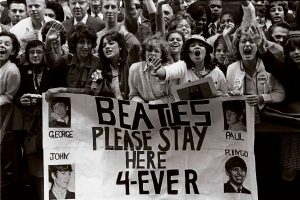
The arrival of the Beatles changed the lives of American girls, shown here at the Paramount Theater in New York later in 1964. Credit Jack Manning/The New York Times
20. “The concept is interesting and well-formed, but in order to earn better than a ‘C,’ the idea must be feasible.” (1962)
—A Yale University management professor in response to Fred W. Smith’s paper proposing reliable overnight delivery service; Smith (1944– ) went on to found Federal Express Corp. (may be partly apocryphal)
21. “But what is it good for?” (1968)
—Engineer at the Advanced Computing Systems Division of IBM, commenting on the microchip
22. “If I had thought about it, I wouldn’t have done the experiment. The literature was full of examples that said you can’t do this.” (referring to his 1968 invention)
—Spencer Silver (1941– ), chemist, on the work that led to the unique adhesives for 3M Corp.’s “Post-It” notes
23. “A cookie store is a bad idea. Besides, the market research reports say America likes crispy cookies, not soft and chewy cookies like you make.” (early 1970s)
—Response to Debbi Fields’s (1956– ) idea of starting Mrs. Fields Cookies




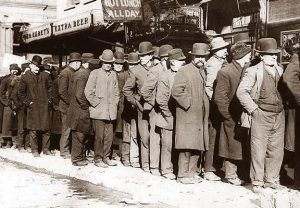
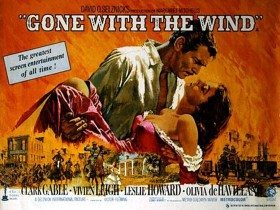

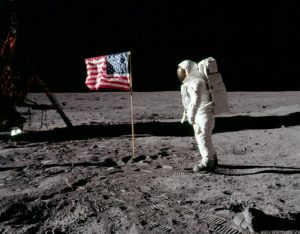

![HK Wan Chai MTR Station Mrs Fields Cookies By MFOCBonds (Own work) [GFDL (http://www.gnu.org/copyleft/fdl.html) or CC BY-SA 3.0 (http://creativecommons.org/licenses/by-sa/3.0)], via Wikimedia Commons](https://scenesmedia.com/wp-content/uploads/2016/11/HK_Wan_Chai_MTR_Station_Mrs_Fields_Cookies_2-300x225.jpg)
